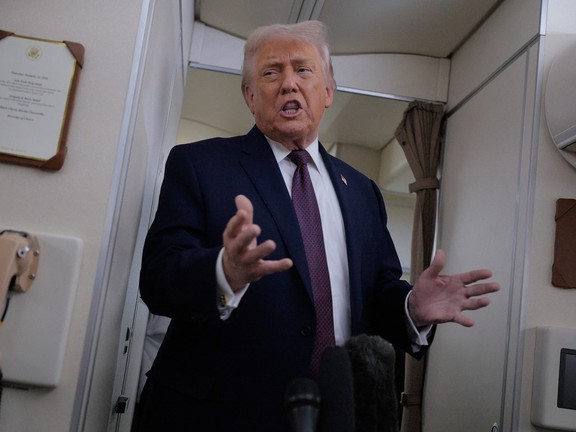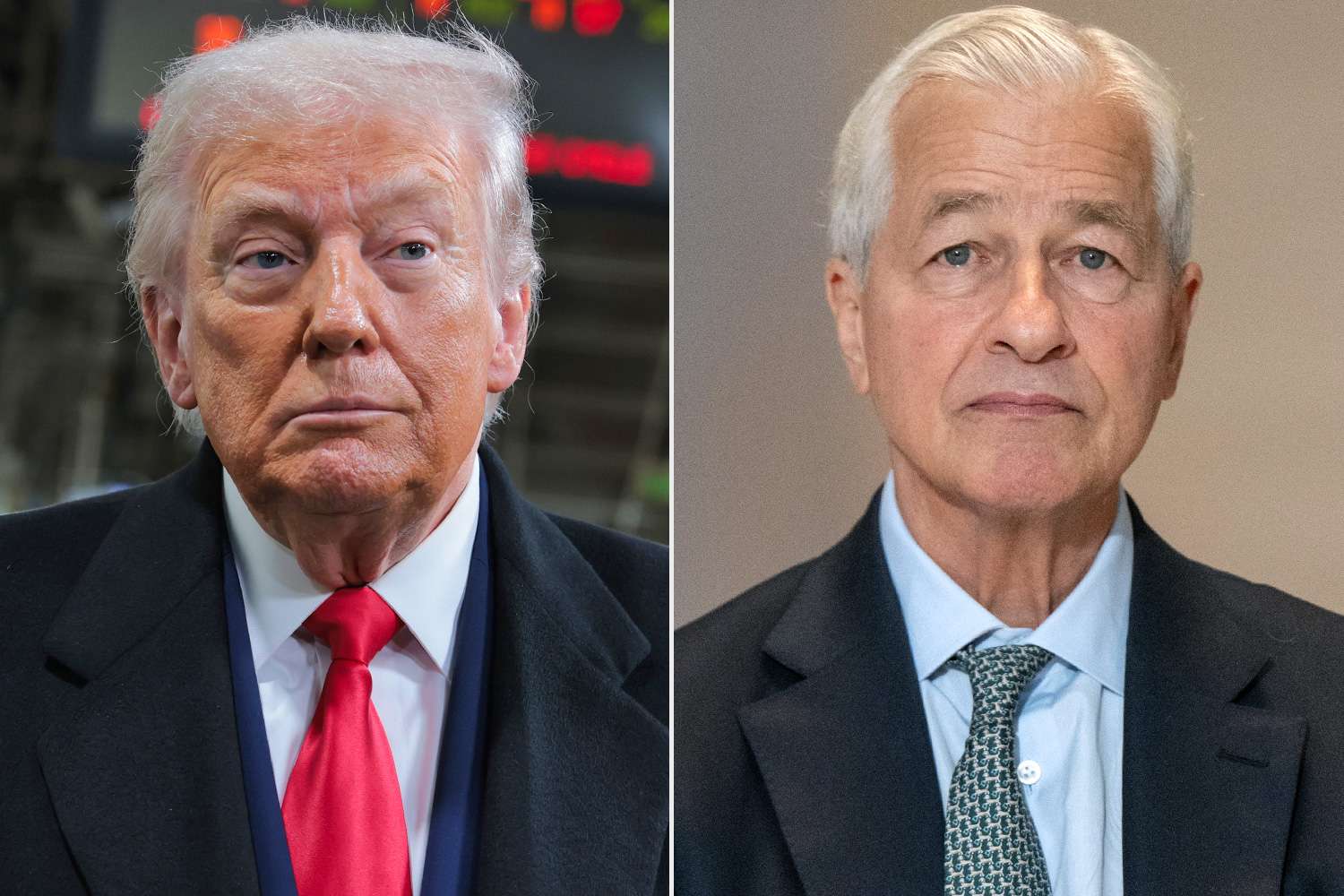Trump Hits Russia’s Oil Giants With Sanctions as EU Bans Russian LNG

United States President Donald Trump has imposed sweeping sanctions on Russia’s largest oil companies, marking his first major punitive move against Moscow since returning to the White House. The decision comes amid growing frustration over Russia’s failure to make progress in ceasefire talks aimed at ending its war in Ukraine. On the same day, the European Union announced its 19th sanctions package, which includes a ban on Russian liquefied natural gas (LNG) imports.
US Treasury Secretary Scott Bessent said the sanctions target Rosneft and Lukoil—Russia’s two biggest oil producers—along with dozens of their subsidiaries. He accused President Vladimir Putin of showing “a lack of serious commitment” to peace efforts and vowed to tighten restrictions further if Russia’s aggression continues.
“Today’s actions increase pressure on Russia’s energy sector and degrade the Kremlin’s ability to raise revenue for its war machine,” Bessent said in a statement. The measures freeze US-based assets of the targeted firms and prohibit Americans from conducting business with them. However, China and India—Russia’s key oil customers—were notably excluded from the list.
Trump told reporters he plans to raise concerns about China’s continued imports of Russian oil during his meeting with President Xi Jinping at the APEC summit in South Korea next week. “Every time I speak with Vladimir, I have good conversations, but they don’t go anywhere,” Trump said, expressing frustration over stalled truce negotiations.
The Kremlin has yet to issue an official response to the sanctions. Rosneft, Russia’s state-controlled oil giant and its second-largest company by revenue, has been struggling under previous international restrictions and declining oil prices, reporting a 68 percent drop in net income for the first half of 2025. Lukoil, the country’s top private oil firm, also reported a 26.5 percent profit decline last year due to heavy taxation tied to Moscow’s war spending.
The United Kingdom had already sanctioned both companies last week, with British officials declaring there was “no place for Russia in global markets” as long as it continues its war in Ukraine.
Meanwhile, in Brussels, EU leaders formally approved a wide-ranging sanctions package that includes a phased ban on Russian LNG imports—ending short-term contracts within six months and long-term ones by January 2027. The decision followed last-minute negotiations to secure Slovakia’s support after its prime minister raised concerns about energy costs and climate policy impacts on heavy industries.
The latest EU measures also impose travel restrictions on Russian diplomats, sanction 117 more ships from Moscow’s “shadow fleet” used to evade restrictions, and expand financial penalties to banks in Kazakhstan and Belarus.
Welcoming the move, Andriy Yermak, chief of staff to Ukrainian President Volodymyr Zelenskyy, said the EU’s decision would further cut Moscow’s war funding. “The logic is simple – less money in Russia means fewer missiles in Ukraine,” he wrote on Telegram, adding that a 20th sanctions package was already being prepared.



